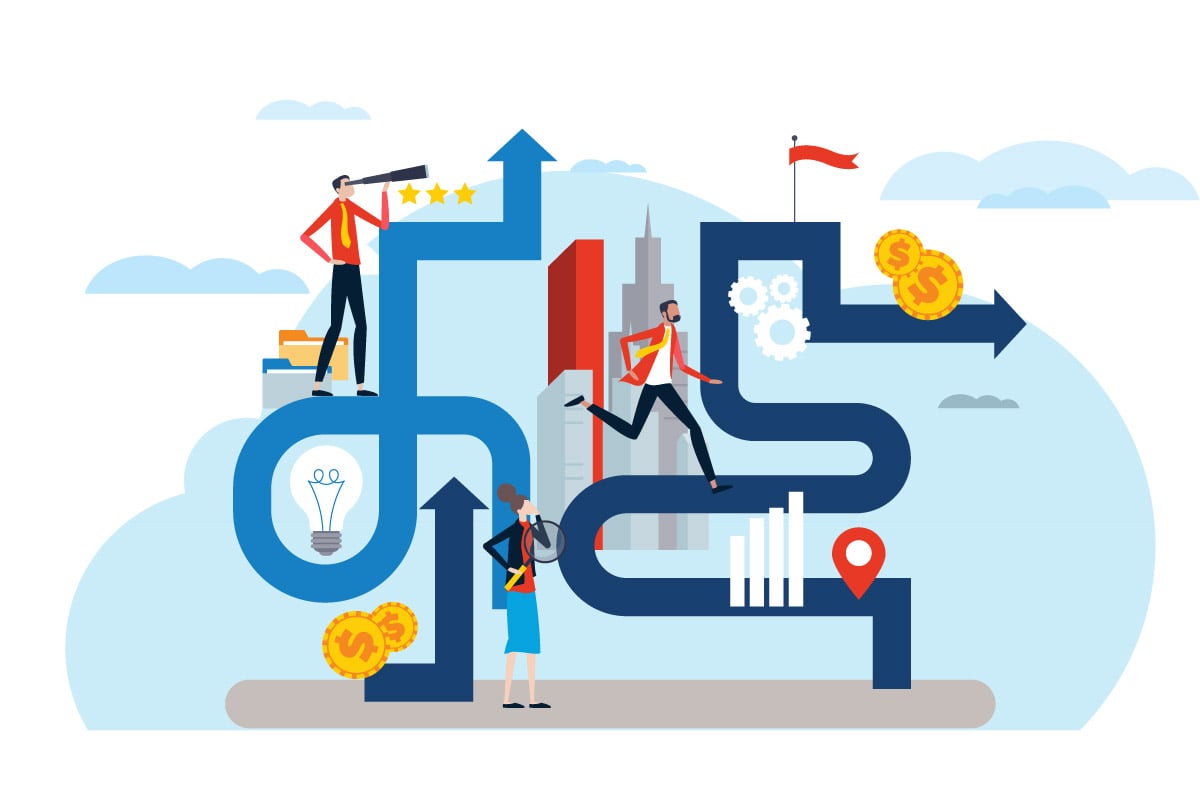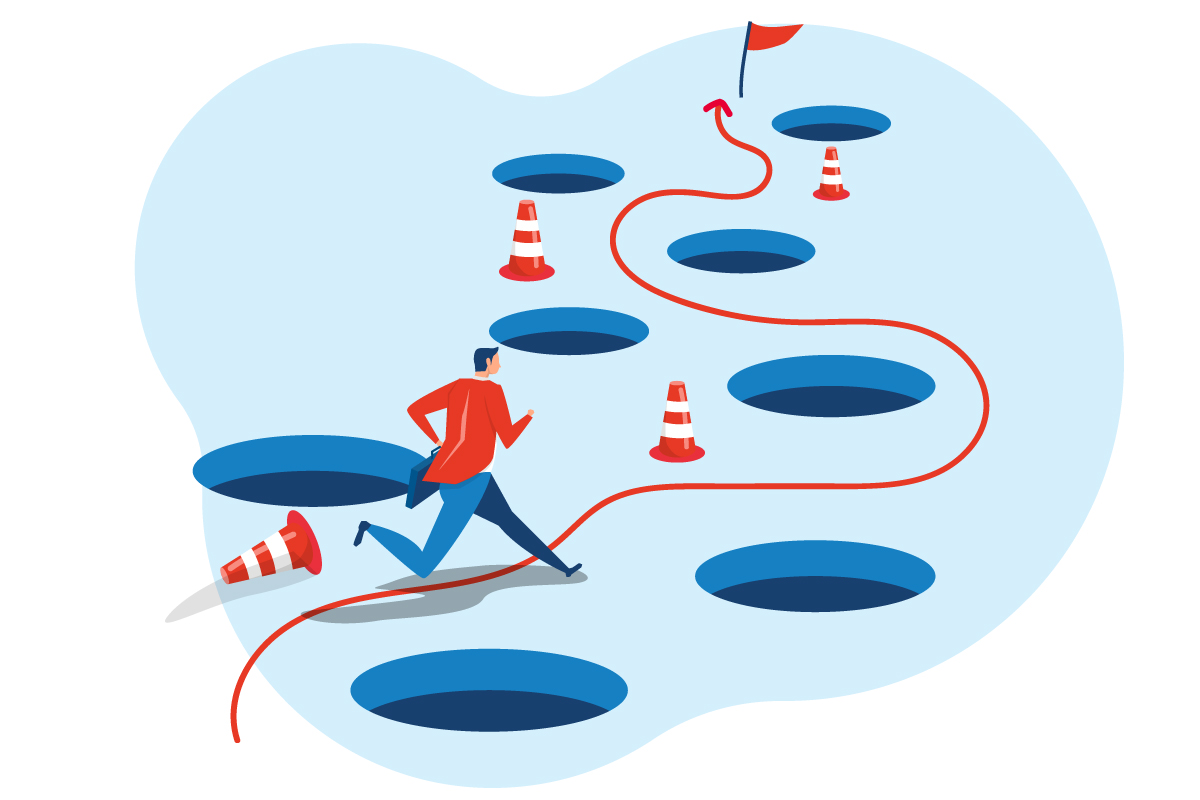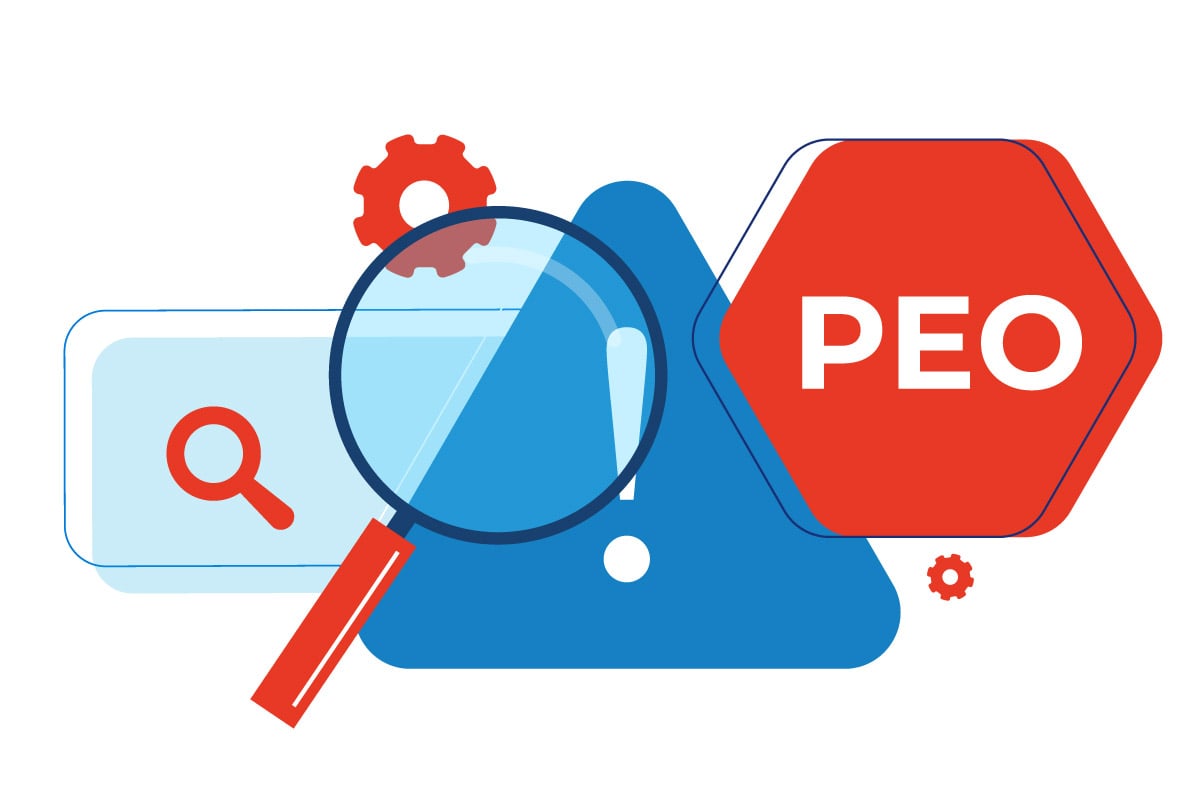Cutting-Edge HR Advancements Coming in the Months and Years Ahead
The workplace is evolving faster than ever before, and smart business leaders are already preparing for what's coming next. From the expanding use of...
3 min read
 Nate Olsen
Sep 3, 2024 7:42:00 AM
Nate Olsen
Sep 3, 2024 7:42:00 AM

“The future of work is not about automation; it’s about augmentation. It’s about bringing together people and technology to create more meaningful, flexible, and fulfilling work environments.” — Josh Bersin
The workplace is undergoing a seismic shift.
What we know now is this... Employee expectations have evolved, and businesses must evolve with them or risk falling behind.
Flexibility, remote work, and wellness programs are no longer just perks—they are essential components of a thriving work environment.
Yet, despite this clear direction, many companies find themselves stuck in old patterns, relying on outdated HR strategies that no longer resonate with today’s workforce.
This gap between expectation and reality can quietly erode company culture, lead to talent attrition, and, ultimately, hinder business growth. The question then becomes: Are your HR strategies keeping pace with these new demands?
Gone are the days when employees were content with a 9-to-5 grind confined to a cubicle.
Today’s workforce values flexibility—both in where they work and when they work.
According to a 2023 survey by McKinsey, 87% of employees who were offered remote work embraced it, with many stating that they would consider leaving their jobs if this flexibility was revoked.
This shift isn’t just about working from home. It’s about allowing employees to integrate their personal and professional lives in a way that enhances both.
Flexibility leads to higher job satisfaction, increased productivity, and lower turnover rates. Yet, many companies are slow to adopt these practices, either due to logistical challenges or resistance to change.
The right PEO can be instrumental in helping businesses navigate this transition.
By providing guidance on setting up remote work policies, managing hybrid teams, and ensuring compliance with labor laws, a PEO can help your business stay agile and responsive to employee needs.
As remote work solidifies its place in the modern workplace, businesses are faced with new challenges and opportunities.
While some companies have thrived with fully remote teams, others struggle with maintaining productivity, culture, and communication.
The truth is, remote work isn’t a one-size-fits-all solution, but it is here to stay.
Successful businesses will be those that recognize the nuances of remote work and adapt their HR strategies accordingly. This includes investing in technology that facilitates seamless communication, creating structures that foster a sense of community, and ensuring that remote employees feel as connected and valued as their in-office counterparts.
Here, too, a PEO can offer invaluable support. From advising on the best tools for virtual collaboration to developing remote onboarding processes, a PEO can help your business create a remote work environment that’s not only efficient but also engaging and inclusive.
Employee well-being has taken center stage in the conversation about the future of work.
The pandemic underscored the importance of mental health, work-life balance, and overall wellness.
In response, companies are rethinking their approach to employee benefits, with wellness programs becoming a key differentiator in attracting and retaining top talent.
But a wellness program isn’t just a box to check; it’s a strategic investment in your workforce.
Companies that prioritize employee well-being see tangible benefits, including reduced absenteeism, higher productivity, and greater employee loyalty.
Implementing an effective wellness program requires more than just offering gym memberships or meditation apps. It involves understanding the unique needs of your workforce and crafting programs that address those needs. This is where a PEO can make a significant impact.
With access to comprehensive benefits packages and wellness resources, a PEO can help your business design and implement a wellness program that supports your employees’ physical, mental, and emotional health.
As the future of work continues to unfold, businesses must be proactive in adapting their HR strategies to meet the changing expectations of their employees.
Those who succeed will not only retain top talent but also position themselves as leaders in their industries.
The right PEO is not just a partner in managing your workforce—it’s a catalyst for growth and innovation.
By leveraging the expertise of a PEO, businesses can ensure they are not only keeping pace with the future of work but are leading the charge.
Are your HR strategies ready for the new world of work? If not, it might be time to explore how a PEO can help you stay ahead of the curve.
In this rapidly changing landscape, adaptability is not just a strategy; it’s a necessity. Don’t let your business be left behind. Embrace the future of work with open arms—and the right partners by your side.

The workplace is evolving faster than ever before, and smart business leaders are already preparing for what's coming next. From the expanding use of...

Selecting a professional employer organization is a major decision. The right PEO can streamline human resources functions, reduce administrative...

Running a small business often requires leaders to wear multiple hats. But when all those hats are competing for increased attention and important...